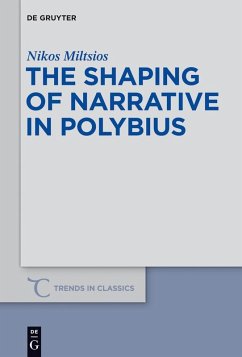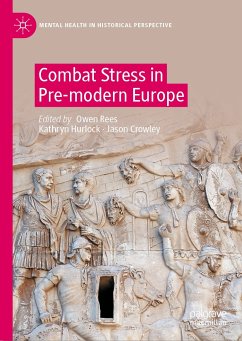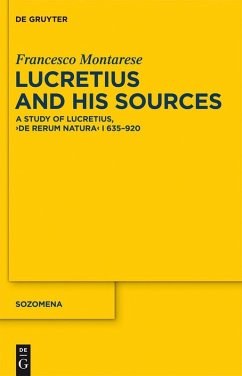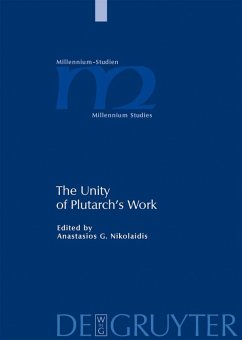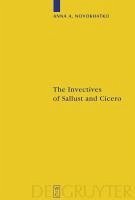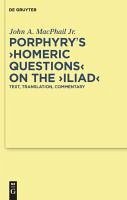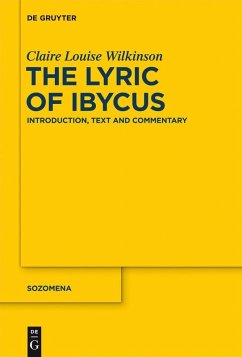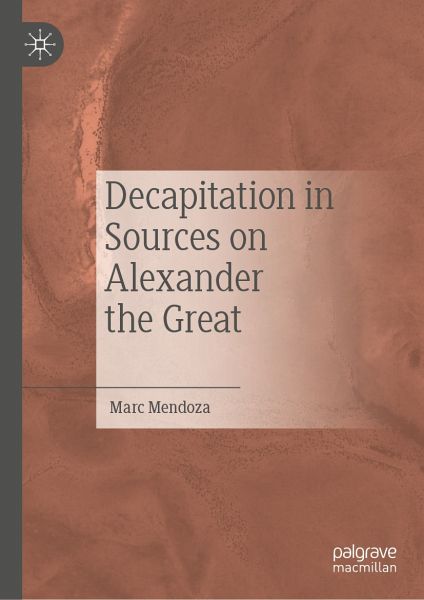
Decapitation in Sources on Alexander the Great (eBook, PDF)
Versandkostenfrei!
Sofort per Download lieferbar
40,95 €
inkl. MwSt.
Weitere Ausgaben:

PAYBACK Punkte
20 °P sammeln!
This book explores cases of decapitation found in sources on the reign of Alexander the Great. Despite the enormous literature on the career of Alexander the Great, this is the first study on the characterisation of violent deaths during his hectic reign. This historiographical omission has involved the tacit and blind acceptance of the details found in the ancient sources. Therefore, this book seeks to illustrate how cultural expectations, literary models, and ideological taboos shaped these accounts and argues for a close and critical reading of the sources. Given the different cultural cons...
This book explores cases of decapitation found in sources on the reign of Alexander the Great. Despite the enormous literature on the career of Alexander the Great, this is the first study on the characterisation of violent deaths during his hectic reign. This historiographical omission has involved the tacit and blind acceptance of the details found in the ancient sources. Therefore, this book seeks to illustrate how cultural expectations, literary models, and ideological taboos shaped these accounts and argues for a close and critical reading of the sources. Given the different cultural considerations surrounding decapitation in Greek and Roman cultures, this book illustrates how those biases could have differently shaped certain episodes depending on the ultimate writer.
This book, therefore, can be especially interesting for scholars focused on the career of Alexander the Great, but also valuable for other Classicists, philologists, and even for anthropologists because itrepresents a good case of study of cultural symbolism of violent death, semantics of power, imperial domination and the confrontation between opposite cultural appreciations of a practice.
This book, therefore, can be especially interesting for scholars focused on the career of Alexander the Great, but also valuable for other Classicists, philologists, and even for anthropologists because itrepresents a good case of study of cultural symbolism of violent death, semantics of power, imperial domination and the confrontation between opposite cultural appreciations of a practice.
Dieser Download kann aus rechtlichen Gründen nur mit Rechnungsadresse in A, B, BG, CY, CZ, D, DK, EW, E, FIN, F, GR, HR, H, IRL, I, LT, L, LR, M, NL, PL, P, R, S, SLO, SK ausgeliefert werden.



